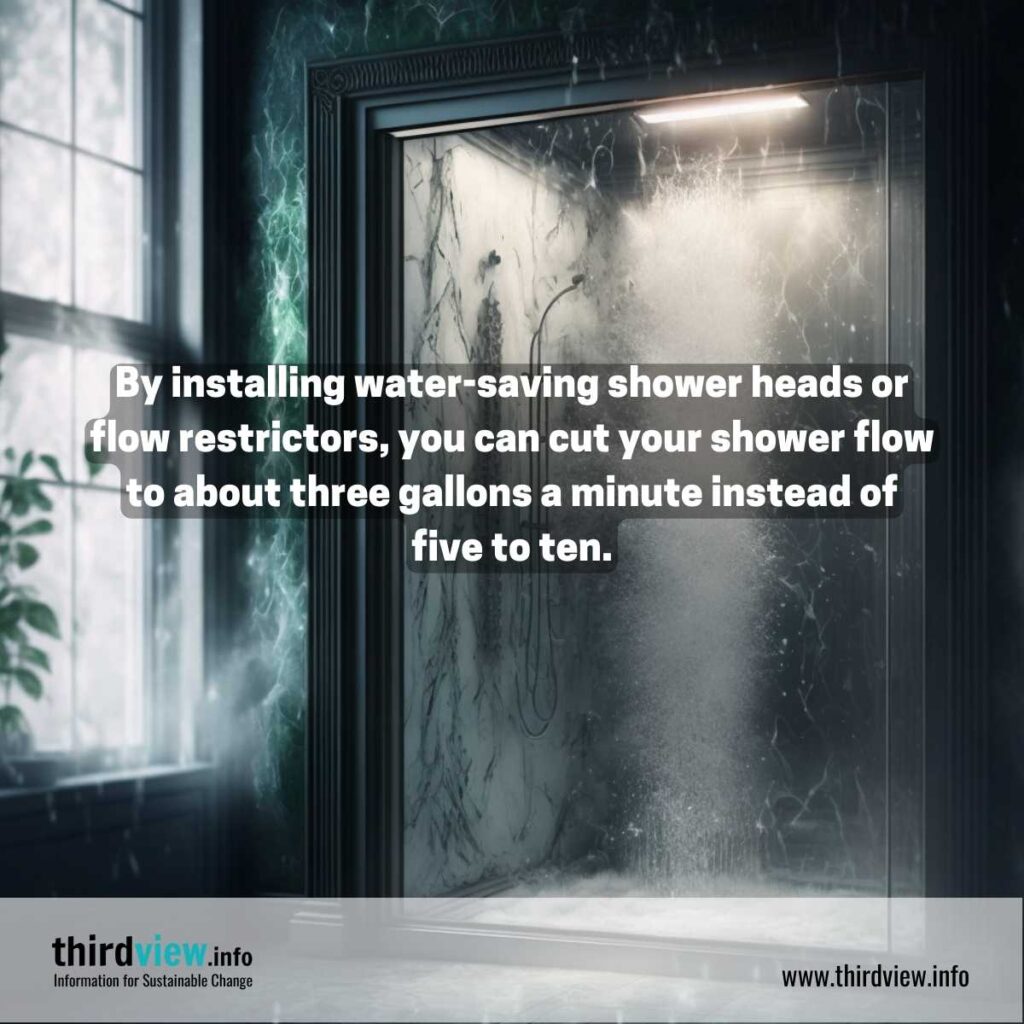Get This Report about Reclaim Waste
Get This Report about Reclaim Waste
Blog Article
Not known Details About Reclaim Waste
Table of ContentsReclaim Waste Things To Know Before You Get ThisFascination About Reclaim WasteAbout Reclaim WasteThe Only Guide for Reclaim WasteNot known Factual Statements About Reclaim Waste
Discover the types, incidents, and kinds of liquid waste. Residential sewer waste refers to the waste and items from a household septic container. This type of waste is produced by humans in residences, institutions, and other buildings. This only consists of sewage-disposal tanks that have a drainpipe field. The correct administration and disposal of residential sewer waste require liquid waste to be moved to a sewage treatment plant where the appropriate methods and devices are put on detoxify and dispose of waste.
Industrial waste frequently consists of prospective risks, such as flammable products or a blend of fluid and strong waste products, and needs an extra innovative and thorough disposal process. The disposal of industrial waste typically includes the purification of waste prior to transportation to make sure secure and proper disposal. Industrial waste is produced from results and drainage of industrial processes and production.
This type of waste can not make use of the same sewage management transportation or processes as septic or industrial liquids. The hazardous waste administration procedure requires the inspection and screening of fluid waste prior to it undergoes the disposal procedure (liquid waste removal). Runoff waste is the liquid waste that comes from overflow and excess stormwater in highly populated areas or cities
Runoff waste can trigger contamination and flooding otherwise managed effectively. Learn much more about sewer cleaning and waste management. Guaranteeing proper waste management can avoid disasters and reduce environmental harm. Both people in household setups and experts in industrial or production industries can benefit from comprehending the procedures and guidelines of fluid waste administration.
4 Easy Facts About Reclaim Waste Explained
Call PROS Solutions today to find out about our waste administration and disposal solutions and the proper means to take care of the liquid waste you create.
(https://moz.com/community/q/user/reclaimwaste1)This so-called 'wastewater' is not just a crucial source however, after treatment, will certainly be launched to our land, waterways or the sea. Utilized water from commodes, showers, baths, kitchen area sinks, laundries and commercial processes is understood as wastewater.

water utilized to cool down equipment or tidy plant and devices). Stormwater, a kind of wastewater, is overflow that moves from farming and city areas such view publisher site as roofs, parks, yards, roadways, courses and seamless gutters right into stormwater drains pipes, after rainfall. Stormwater moves without treatment straight to local creeks or rivers, at some point reaching the ocean.
Indicators on Reclaim Waste You Need To Know
In Queensland, many wastewater is treated at sewage therapy plants. Wastewater is transferred from domestic or commercial websites with a system of sewage systems and pump terminals, recognized as sewerage reticulation, to a sewage therapy plant.
The Division of Natural Resources encourages neighborhood federal governments regarding managing, operating and preserving sewerage systems and therapy plants. In unsewered locations, city governments may need owners to mount private or home sewage treatment systems to treat residential wastewater from toilets, cooking areas, bathrooms and laundries. The Division of Natural Resources authorizes making use of house systems when they are verified to be efficient.
The majority of stormwater obtains no therapy. In some brand-new neighborhoods, therapy of some stormwater to eliminate litter, sand and crushed rock has begun making use of gross contaminant catches. Wastewater therapy happens in 4 stages: Removes strong issue. Larger solids, such as plastics and other things wrongly released to drains, are removed when wastewater is gone through screens.
Makes use of tiny living organisms understands as micro-organisms to break down and eliminate remaining dissolved wastes and fine particles. Micro-organisms and wastes are included in the sludge.
Getting My Reclaim Waste To Work
Nutrient removal is not available whatsoever sewage therapy plants due to the fact that it calls for pricey specialized tools. It is ending up being extra usual in Queensland. Clear liquid effluent produced after treatment might still include disease-causing micro-organisms. If this effluent is launched right into waterways such as rivers or the sea, the micro-organisms will eventually pass away out.

This generally indicates wastewater has actually to be treated or impurities removed before it can be discharged to rivers. Many wastewater streams right into the sewage system. Under the Act, local federal governments provide approvals and permits for environmentally relevant tasks (ERAs) entailing wastewater releases that could have a regional impact. The department administers authorizations and licences to Periods involving wastewater releases that might have a regional or statewide influence.
More About Reclaim Waste
Surveillance gives factual info about water quality and can verify that permit problems are being fulfilled. The details gotten through tracking provides the basis for making water high quality decisions.
Report this page